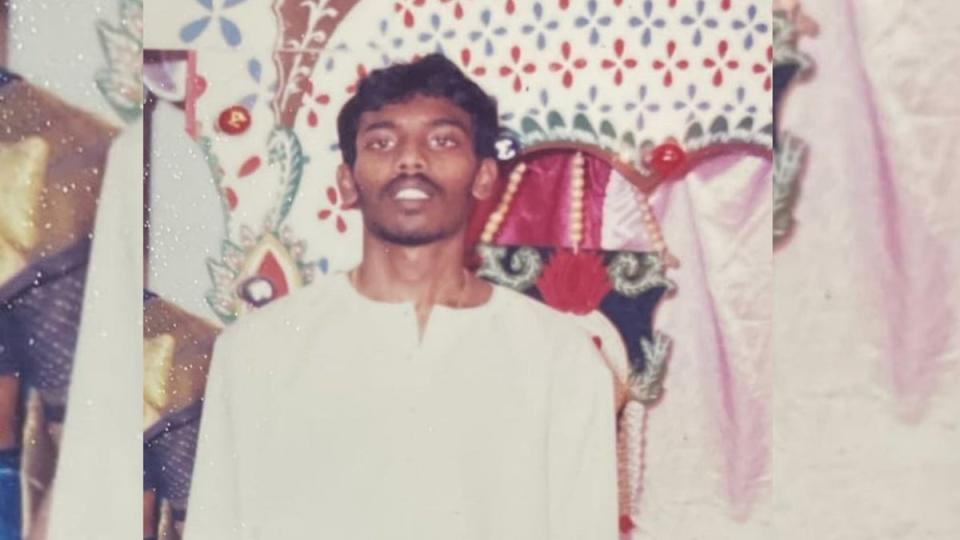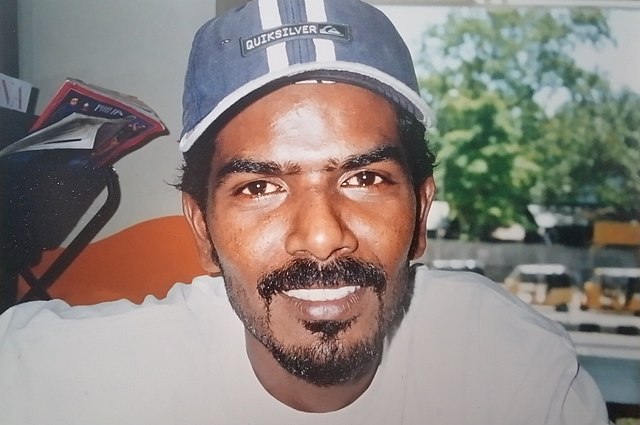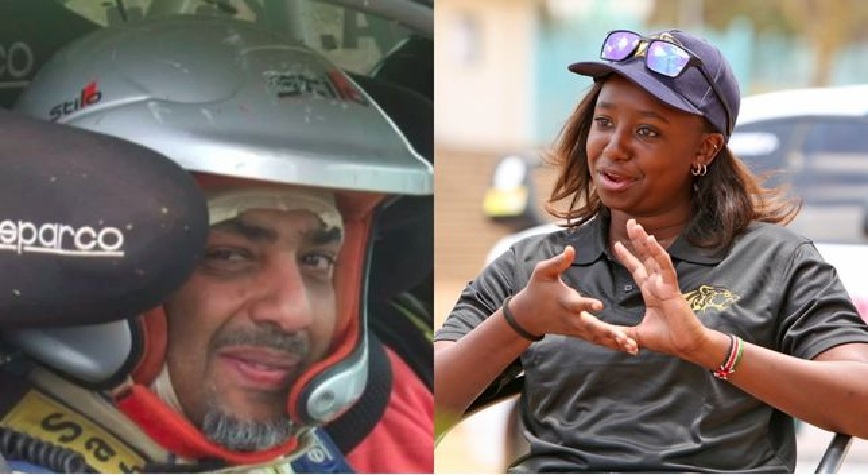In the city-state's first murder in six months, a Singaporean man will be hanged to death for attempting to smuggle a kilogram of marijuana, according to rights groups.
Singaporean Tangaraju Suppiah, 46, will be hanged on Wednesday, according to a document from the prisons department that his family received and that rights campaigners circulated on social media.
The ruling was deemed "extremely cruel" by Amnesty International on Friday.
"If carried out, this capital punishment would be in breach of international law and in stubborn rejection of continued outcry over Singapore's use of the death penalty," an Amnesty International regional office representative told AFP.

Did you read this?
Cannabis has been decriminalized in numerous countries worldwide, including Thailand, a neighbour. As a result, authorities there no longer impose prison sentences, and human rights organizations have pressured Singapore to do the same.
The financial capital of Asia has some of the strictest anti-drug legislation in the world and maintains that the death penalty is still a powerful deterrent against trafficking.
In 2017, Tangaraju was found guilty of "abetting by engaging in a conspiracy to ferry" 1,017.9 grams (35.9 ounces) of marijuana, more than twice the legal limit that justifies the death penalty.
2018 saw his death sentence, and the Court of Appeal upheld it.
He allegedly had two mobile phone numbers that were utilized as contacts.
.jpg)
Rights campaigner Kirsten Han told AFP, "What is especially troubling is that Tangaraju... never actually handled the drugs."
He further claimed that he was denied access to a Tamil interpreter while being questioned by the police without legal representation.
According to High Court Judge Hoo Sheau Peng, anyone who aids in committing a crime is likewise guilty of that crime and subject to the same punishment.
According to Hoo, the accusation against the accused "had been proved beyond a reasonable doubt."
In March 2022, Singapore resumed hanging executions after more than two years of break.
The eleven executions that took place last year were all for drug-related offences.
The execution of Nagaenthran K. Dharmalingam believed to have a mental handicap, led to a worldwide outcry, including from the United Nations and British businessman Richard Branson.
According to the UN, the death fine is not a successful deterrent worldwide. It conflicts with international human rights legislation, which only permits the death penalty for the most heinous offences.












